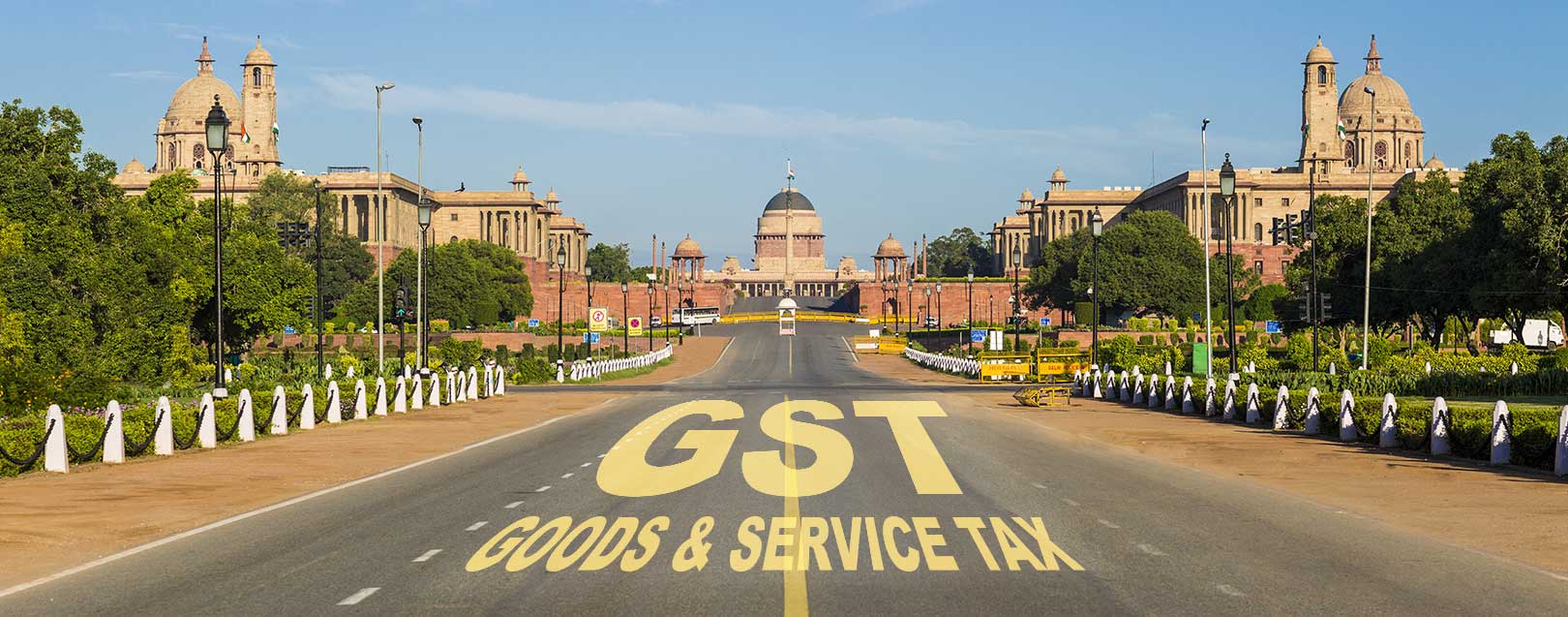
GST deadlock worsens due to demonetisation effect on state revenues
Ranjeet Mahtani and Sweta Rajan
The Goods and Services Tax Council (Council) met on 3rd and 4th January, 2017. Though some progress has been made at the meeting, various points continue to remain open to discussion. The possibility of missing the 1stApril, 2017 deadline seems greater, even though the next meeting of the Council is scheduled for 16th January, 2017.
During the meetings of the Council, the provisions of the model IGST law were discussed, and ten out of eleven chapters were approved. A consensus on the issues of dual control, cross empowerment and jurisdiction (by the Centre or States) over territorial waters (especially in the context of coastal States) continues to prove elusive. On the issue of who (Centre or States) should have the jurisdiction to tax inter-state movement of goods the Law Ministry’s view is that the Centre will have full powers to tax inter-state movement of goods, which has not gone down well with the States. This topic has hence been referred to the Attorney General of India for his views. As a first, these meetings of the Council earlier this week also saw presentations and representations by industry and trade, including IT, telecom, banking and insurance.
Exports in the GST regime will be zero-rated, though a potential cash flow issue as regards input taxes will arise. Mrs. Nirmala Sitharaman, the Minister of State for Commerce, has urged the Council to refund 90% of such taxes within 7 days, and for delay in payment to attract interest from the Government; the balance 10% will be refundable only after verification.
Consensus remains to be arrived at as regards the States demand to have sole administrative control over taxpayers having annual turnover of less than Rs. 1.5 crore, and equal division between the Centre and States for those above this threshold. This issue has truly proved a thorn in the flesh of GST.
The Government’s anti-black money drive has surfaced as an additional challenge for the introduction of GST, with some States seeking higher compensation as a result of demonetisation. States are also demanding an increase in the number of items on which cess is to be levied, to compensate States to deal with revenue loss as a result of demonetisation. Such a move will prove regressive and contrary to the intended GST.








 to success.
to success.